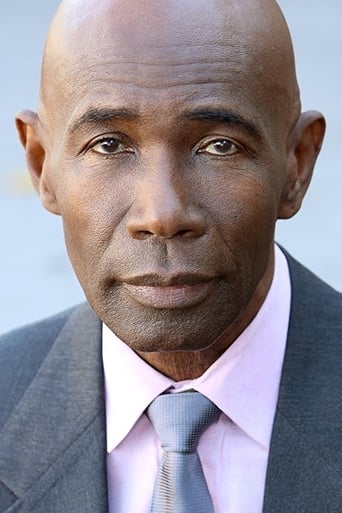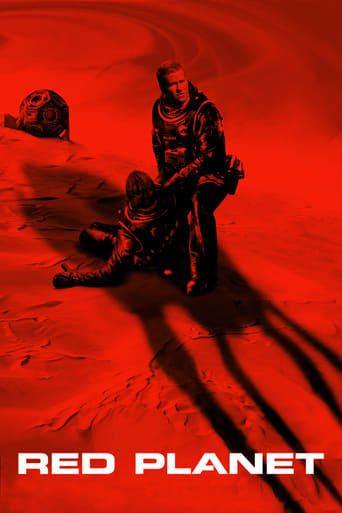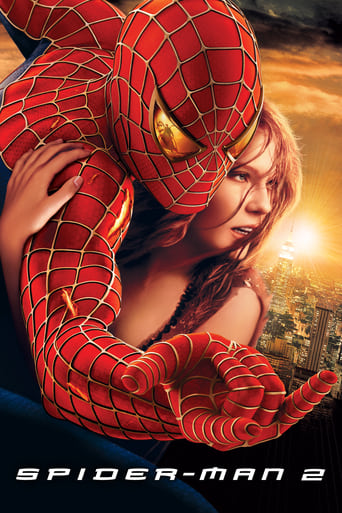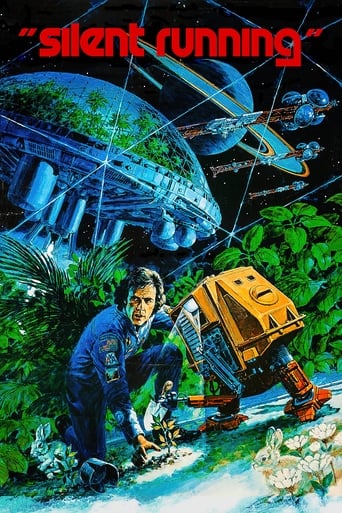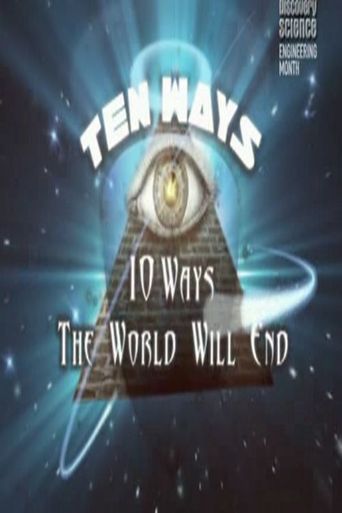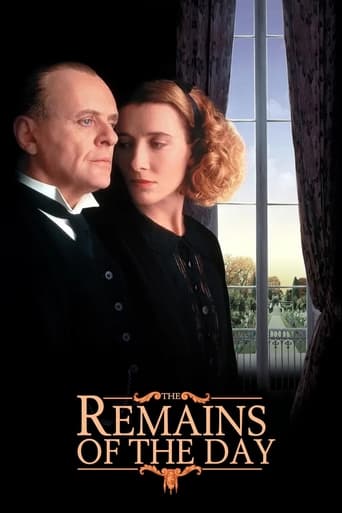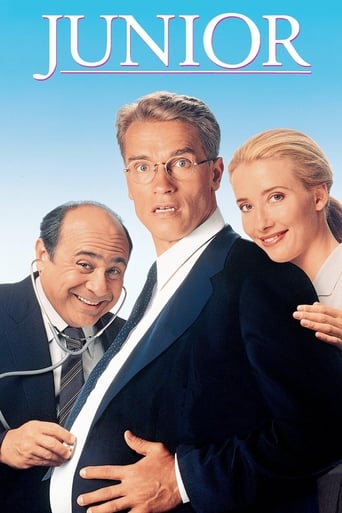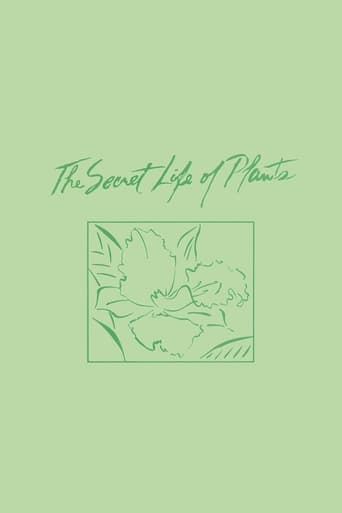
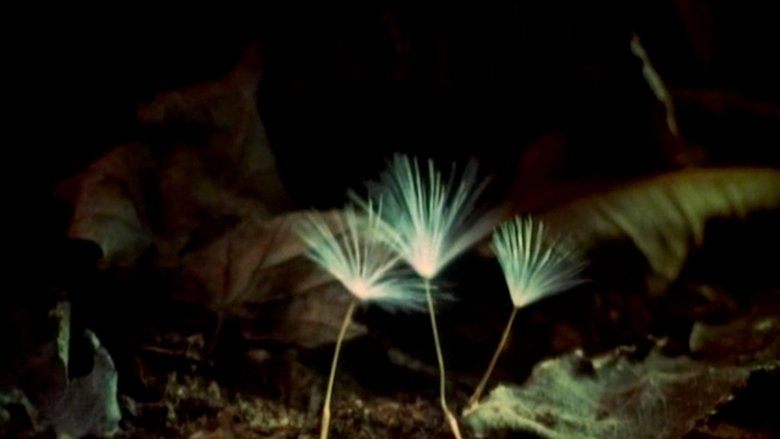
The Secret Life of Plants (1979)
A documentary about the study of plant sentience with original music by Stevie Wonder. Utilizing time-lapse photography, the film proposes that plants are able to experience emotions and communicate with the world around them.
Watch Trailer
Cast
Similar titles
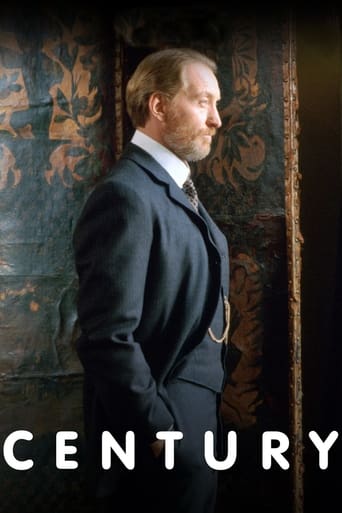
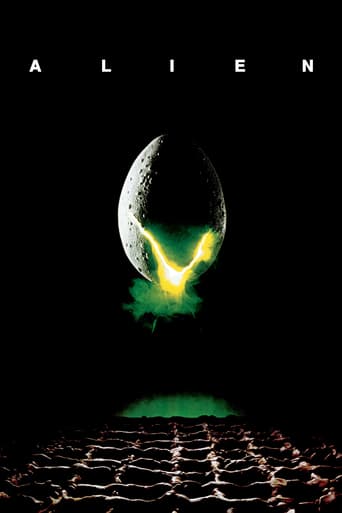
Reviews
Excellent but underrated film
Admirable film.
A Disappointing Continuation
A movie that not only functions as a solid scarefest but a razor-sharp satire.
I saw this film when it was briefly released in 1980, in Berkeley, California; and I've watched this film many times since (having downloaded a copy from bittorrent). Seeing the film will help people understand Stevie Wonder's misbegotten album, _Journey Through the Secret Life of Plants_, which was released in 1979 before the film had even appeared. Somehow, with the help of the film's producer, Michael Braun, Stevie Wonder composed a score for a movie he could never have seen. The film does have its glorious moments: lengthy sequences in time-lapse photography show plants growing, unfolding, and transforming. For these, Stevie Wonder provided closely-linked music (from "Earth's Creation," "The First Garden," and "Seasons"). Other Stevie Wonder songs are tied in with the movie. The first song on the album, "Same Old Story," is virtually impossible to comprehend unless you have been introduced to the work of Jagadis Chandra Bose, a 19th-century Indian physicist who devised delicate equipment to monitor electric impulses from plant tissue. Stevie somehow condenses Bose's work, and that of George Washington Carver, into a few rhyming quatrains, producing poetry more humorously garbled than anything else he's written. "Venus Flytrap," not surprisingly, follows the adventure of a fly dumb enough to be caught by an insect-eating plant. "Outside my Window" accompanies organic gardening, while _Black Orchid_ is given an interpretive dance by Eartha Robinson, clad in a full-body green suit. 'Race Babbling"--heard in only a few short sequences--contemplates one of the consequences of time-lapse photography: if plants unfold in unspeakable slowness, what must the restless activity of humans look like to plants? Anyone who has seen the later _Koyaanisqatsi_ (1983) will recognize the disturbing effect of speeded-up human life, underscored by Stevie Wonder's dissonant music. All these sequences are linked together by the music to Stevie Wonder's title piece, "Secret Life of Plants," which appears in various disguises until finally revealed at the end of the film in Wonder's only appearance. He wanders across bleak, rocky landscapes and fields of flowers without his sunglasses (the same sequence that produced the photo in the album), and even rows a boat!Other than these sequences, the film itself is dull: ineptly edited, tedious in its explanation of scientific experiments (including some absurd ones conducted by Soviet scientists), and narrated in a dull monotone that will remind one of high-school filmstrips. it's easy to understand why Paramount Pictures decided to drop the film. (The director, Walon Green, went on to fame as the screenwriter and producer of _Law and Order_ on TV.) It's just too bad today that the film is unreleased on DVD, since it is the only way to fully understand an inspired, if overly ambitious, project by Stevie Wonder.
Albert Einstein once wrote, Imagination is more important than knowledge. Why? Because it is movies like this will test your ability to receive ideas and knowledge that exists outside of your belief system.Resist the temptation to shut down your mind, and open yourself up to possibilities which 'traditional' science is reluctant to acknowledge. If you wonder why films like this are pushed to the back of our collective human psyche, you find there is formidable motivation to not entertain new science and ideas as it fundamentally questions the foundations on which conventional (mechanical) science is based.Science does not move humanity forward per se. It provides 'evidence' to support ideas that have long already existed. Hence why Einstein said IMAGINATION is more important than knowledge, as it is our ability to think outside the square that allows us to evolve consciousness while science scratches its head trying to explain it within its existing paradigm. Meanwhile the paradigm has changed."All truth passes through three stages. First it is ridiculed. Second, it is violently opposed. Third, it is accepted as being self-evident." Arthur SchopenhauerThis is so true. Think about it.It does however drag on at stages, and bless Stevie, it wasn't his best work. If it was revamped for today's audience and pace, it would've got a 10!
I saw this Paramount flick quite a few times, back when I was a projectionist just out of high school at the local art movie house, (this was circa 1982). I remember it being a mixture of dry documentary stuff and wonderful musical bits. Of the docu part I remember a scene where they hook a plant up to electrodes and measure it's sensitivity while they chop a head of lettuce in front of it (the plant freaks out on the machine's readout). I also remember a cool time lapse sequence with flowers blooming while they play "Here Come's The Sun". And the bits with Stevie Wonder wondering through a field of flowers was cool (and comical, as there was nothing for him to bump into). I've searched for years for this on video but I'm sure it's held up in musical right's limbo (that and the fact that no one's ever heard of it).
I saw this movie with my wife many years ago in a small theater in Baltimore, Maryland, after hearing the great soundtrack. I have tried unsuccessfully to purchase/sees any copy of it via the producer, distributor to no avail. Other viewers/fans unite! contact me.
